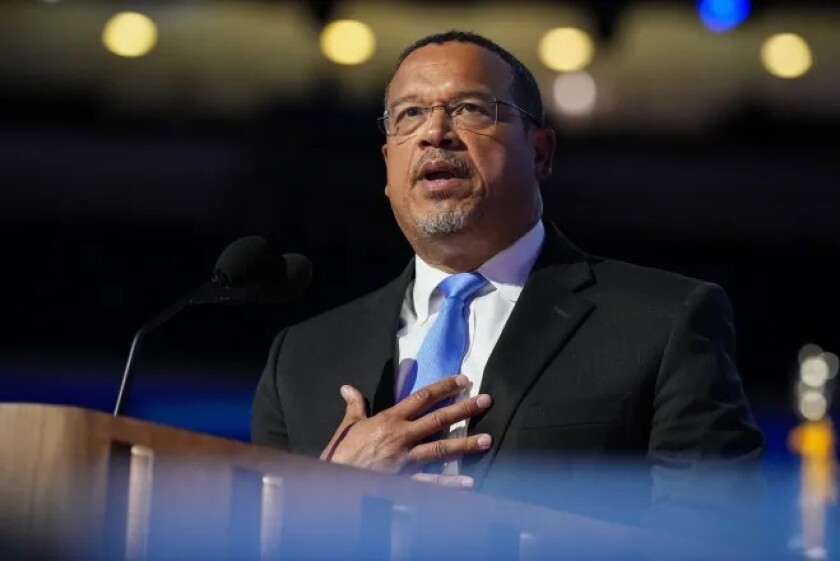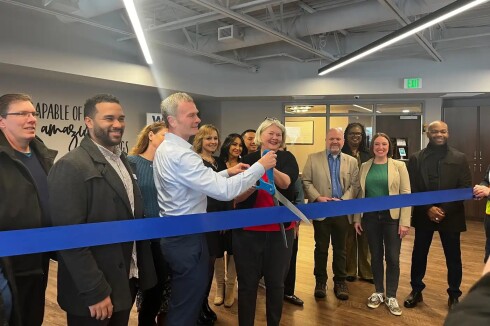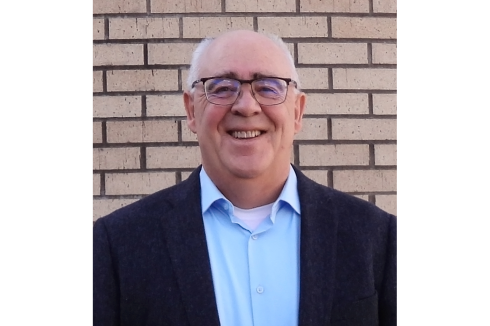ST. PAUL — Two bipartisan bills aimed at repealing Minnesota’s nuclear moratorium went before the Senate Energy, Utilities, Environment and Climate Committee on Wednesday, Jan. 29.
One of the bills, SF350 , aims to lift the moratorium entirely, clearing the way for construction of all-new nuclear power plants. The other, SF468 , focuses specifically on authorizing the development of small, modular nuclear reactors.
ADVERTISEMENT
The bill to authorize small nuclear reactors died in committee, but the legislation to lift the moratorium was “laid over” for possible inclusion in the omnibus bill. Although both bills had DFL support originally, after hearing testimony from the Prairie Island Indian Community, Democrat Senators said on Wednesday that they weren't ready to vote on the matter.
Minnesota’s 30-year-old nuclear moratorium, prompted by environmental concerns about nuclear waste, passed in 1994 and stopped the construction of any nuclear power plants since, leaving the state to rely on two plants built in the 1970s.
The two plants — Prairie Island Nuclear Generating Plant near Red Wing, and Monticello Nuclear Generating Plant near Monticello — account for 21% of Minnesota’s electricity as of 2023, according to the U.S. Energy Information Administration.
The Prairie Island reservation is less than 700 yards from over 1,000 tons of nuclear waste generated from the plant, Blake Johnson, a Tribal member of the Prairie Island community, told the committee on Wednesday. Johnson also said that his community is the closest community, native or non-native, in the nation to a nuclear plant and stored nuclear waste.
“In our history, we've been forced to live next to a nuclear plant,” Johnson said. “If this were your community's history, I would imagine you'd be hearing from your constituents as a part of this discussion. They might ask, what the risk of an accident or an emergency is to their community? They might contemplate a scenario where they leave for work but don't get to come home due to radiation leak.”
Johnson said that while he appreciates the conversations he’s had with the chief author of the bill, Sen. Andrew Mathews, R-Princeton, his tribe is not ready to support the bill and said it is a no vote “today.”
“I just want to point out we have tough choices to make on energy and we don't have a simple silver bullet, or we would already be firing it,” Sen. Nick Frentz, DFL-North Mankato, said. “I hope everyone agrees that this has been a positive conversation headed in the right direction but I hope that we can find a path with Prairie Island on board, and it will take that to get my yes vote.”
ADVERTISEMENT
Sen. John Hoffman, DFL-Champlin mirrored Frentz’s comments, saying he suggests they table lifting the moratorium until the Island community is on board.
“I'm supportive, but Prairie Island needs to have this conversation first,” Hoffman said. “The timing on it just doesn't seem fitting for me. I will not do anything without the consent of the elders of the island.”
Mathews said this legislation is critical to meet the Carbon Free Electricity by 2040 goal passed by Gov. Tim Walz in 2023, which means all electricity used in the state should come from sources that do not produce carbon emissions like solar, wind, hydro and nuclear power.
“I’m disappointed to see partisanship emerge when there has been considerable work over the last several years to build bipartisan support,” Matthews said. “Minnesotans deserve access to affordable and reliable energy, and by failing to advance a bill they claim to support, Democrats are making it harder to provide reliable energy that meets their carbon-free energy goals.”
The Senate Committee also heard a bill that could modify large-scale hydropower projects to be counted as carbon-free. Currently, the “carbon-free” hydropower projects are capped at 100 megawatts, this bill, SF426 , aims to expand that to help accomplish the 2040 goals.
House Republicans also said they plan to introduce legislation that would lift the nuclear moratorium , but after the Supreme Court order on Friday, Jan. 24, Republicans are not allowed to introduce any bills or hold committees with only 67 members present and 66 Democrats boycotting.












